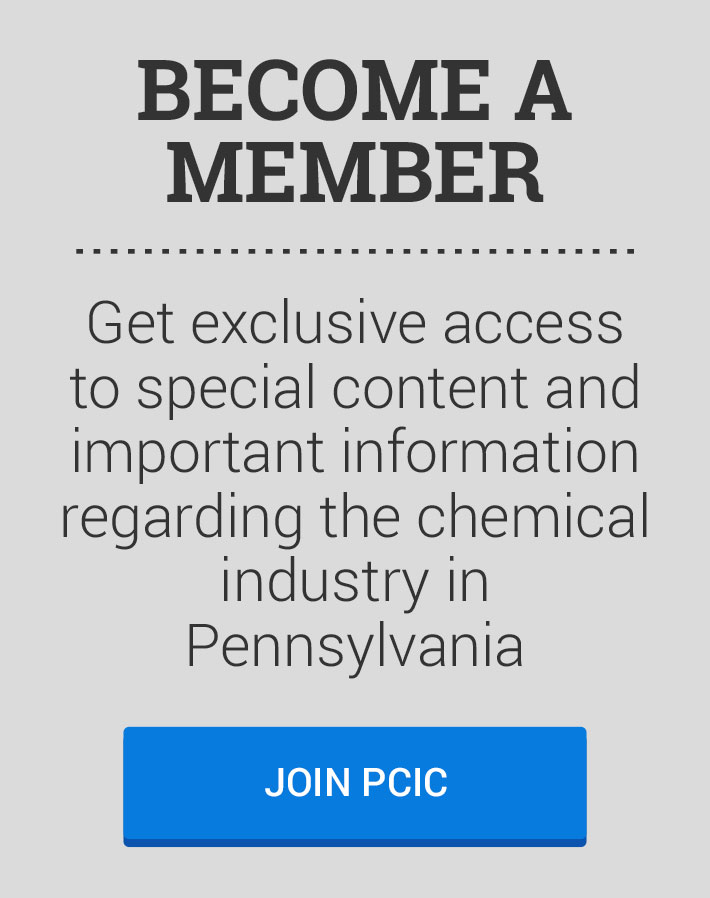Editor; Though Alterra will not build its advanced recycling facility in Sugarloaf Township, Luzerne County, state leaders should work diligently to help them identify an alternative site to ensure this project is built in Pennsylvania.
Investments in advancing new and innovative recycling technologies are the best pathway to address plastic pollution while enabling the continued use of plastic materials that make modern life possible. Everywhere you turn, Pennsylvanians rely on plastics throughout their daily lives. Plastics are needed for most healthcare products, medical devices, renewable energy, building materials, food packaging, electronics, clothing, vehicles, aviation, military equipment and more.
A recent economic analysis by the American Chemistry Council found that nearly 27% of all U.S. manufacturing output comes from sectors where plastics constitute 5% or more of material inputs. Simply put, plastics aren’t going anywhere. However, we can and must do more to advance sustainable plastics manufacturing, including increasing recycling rates and plastics remanufacturing.
Claims that we can eliminate the use of plastics go beyond hyperbole; it’s irresponsible public policy. Walk into any hospital, school, home, office or manufacturing facility and you will see the many ways that plastics are essential.
Pennsylvanians should embrace companies like Alterra and the economic investments, job creation they will bring to our Commonwealth to curb plastic pollution and strengthen sustainable manufacturing supply chains.
Steve Kratz, President, Pennsylvania Chemical Industry Council, Harrisburg





